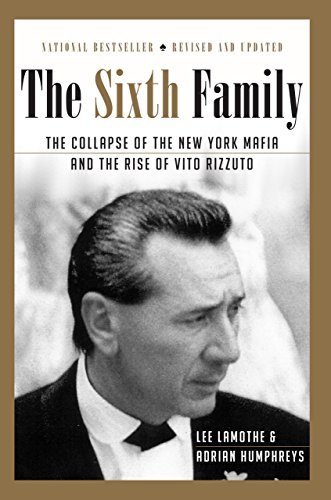by Robert Mangeot
I should warn you I have a liberal arts education. Now warned, it might not surprise you that I think about classic story structure. Aristotle, for example. The Big A wrote about dramatics, and he didn’t mean my angst after a string of reject letters. He meant dramatic arcs, a series of interesting conflicts and emotions. Whether a dramatic arc plays out as uproarious or weepy or bare-knuckled is up to the author. Humor is style, not form.
Take Romeo and Juliet. Straight-up, star-cross’d tragedy, am I right? Reckless love, swords, poisons. Set aside that Shakespeare both envisioned and delivered this as a tale of woe. He said so in line six. Still, the play needs only minor plot work, like to lose the cousin murders and give Romeo a wacky sidekick, and now here’s next season’s blockbuster romcom. Much Ado About Nothing is essentially a banter vehicle, though Shakespeare had the good sense to work in scheming family, social ruin, and the real prospect of danger. There is even a daughter who fakes a death for true love. Getting to sound like Romeo and Juliet.
This goes to my golden rule for writing humor: It ain’t funny to the characters. The characters can’t be in on the joke. They have to experience a personal hell, if of the funny sort to us safely across the Fourth Wall.
Stephanie Plum is not having a good time--generally--in the Evanovich novels. Elmore Leonard characters spend their novels seeking or avoiding physical harm. Leonard famously said he didn’t write humor, and he didn’t. But he wove humor into crime novels like no one before him or since.
And then there’s Westlake. The Hot Rock was initially meant for his antihero Parker, except the first drafts didn’t click as a dark story. Too comic. Westlake could’ve changed the plot points and tone to noir, or he could’ve run with the lighter idea forming. Westlake embraced the inherent comedy, and we readers gladly met John Dortmunder. What Westlake didn’t do? Make the recurring caper at all easy on poor Dortmunder.
There just isn’t comic fiction without arc and dramatic conflict. We’re not writing stand-up routines. Take Anchorman. Love the movie or despise it, Anchorman scores its hits on well-timed ad libs sprung from Ron’s mounting desperation and lost stature (Loss? Descent into desperate measures? See how this could’ve been spun as a drama?). But Anchorman bogs down precisely when the script overindulges in hijinks that freeze Ron’s arc in place.
Most of my published stories are comedies. “Handed, on a Gold Plate,” in the November 2020 Mystery Weekly Magazine, is about a CPA-in-training who convinces himself that an on-camera gig certifying pick four lotto drawings is a golden ticket to celebrity auditing. The story puts his prized dream in jeopardy.
I also write the occasional tragedy, like my “On Loan From the Artist” out in the November/December 2020 Alfred Hitchcock’s Mystery Magazine. That one follows Bench, a small town loan shop guy who borrows too much courage in protecting his turf.
I wrote both stories the same way. Same method, same four-part structure, same tossing the POVs into rising action and a harrowing loss. Same letting them miscalculate along the ride. I only changed the tone and tactics. “Gold Plate” throws our guy whackadoodle complications. It uses more voice and ends on a kind-of up note. “Artist” goes for psychological tension. Things get worse. It ends badly, as tragedies must.
All else equal, a humorous story is harder to pull off. “Gold Plate” must work first as a drama--that also happens to be funny. The struggle is real, folks. Humor is inescapably subjective. I thought Knives Out had wicked fun to it. Friends have said something like, “I guess so.” They liked it as a whodunnit. Melissa McCarthy was her usual genius in Spy, but I thought the movie collapsed under shock violence tried as humor. At some point, edgy becomes cruel. Pulp Fiction managed that balancing act (and via a fractured narrative!), though I don’t even think of it as comedy. A bunch of film critics disagree.
What would’ve Aristotle said? His volume explaining comedy’s secret sauce is lost to the ages, which is itself pretty funny. We do know he thought comedy was the lowest form of dramatics. Maybe he didn’t have a sense of humor. Maybe he tried, but his critique group didn’t quite get his whole shtick. Whatever the reason, I’ll forgive and forget. Such classic theory and its modern evolution help me wrangle the hard work of writing something funny. Otherwise, my daily drama is coping with reject letters. Nobody wants to see that.
























